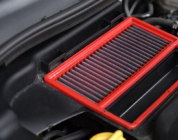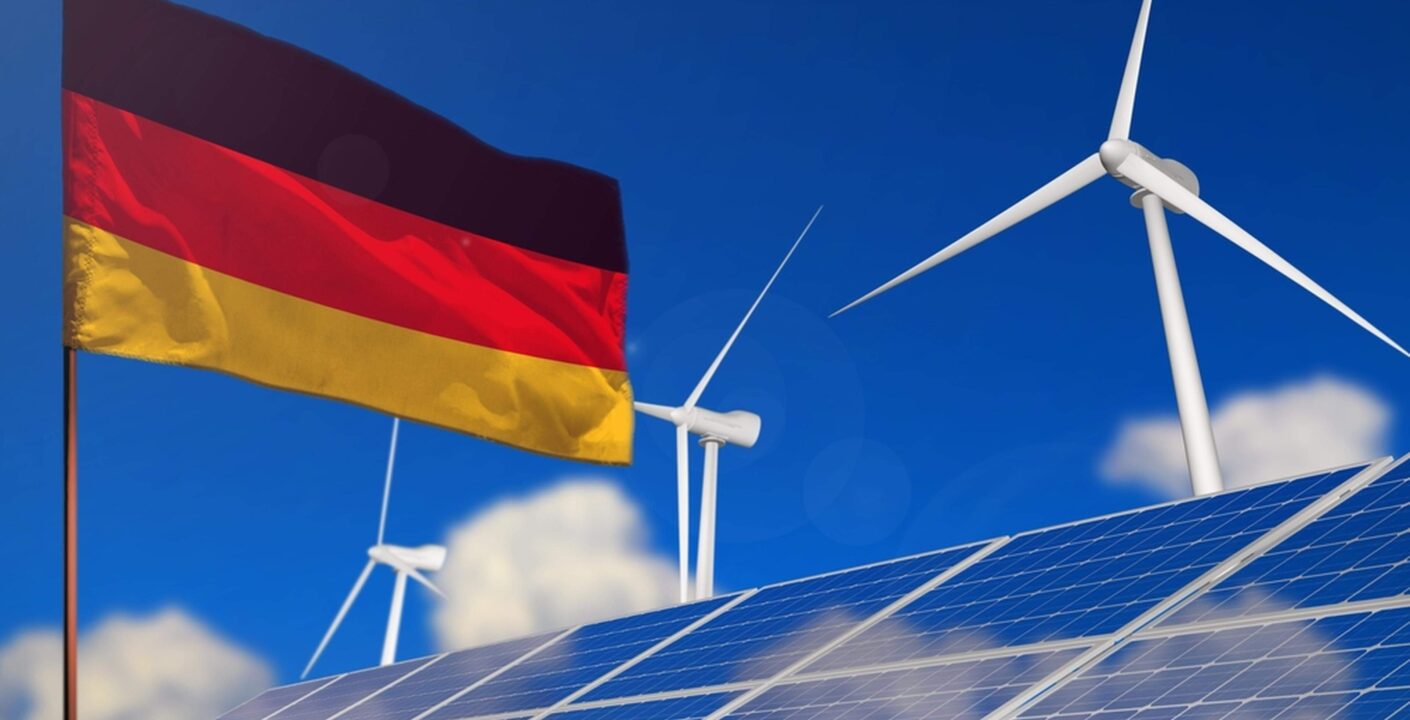Germany has officially entered a new era where electricity bills can be negative, thanks to the country’s extensive investment in renewable energy sources, especially solar power and energy storage systems. With the growing adoption of these technologies, powered by Chinese-made photovoltaic (PV) products and storage solutions, Germany is experiencing a transformation in its energy sector that promises to reduce costs for consumers and contribute to a cleaner, more sustainable future.
The Shift to Renewable Energy in Germany
Germany has long been a leader in renewable energy, with its Energiewende (Energy Transition) policy pushing for a shift away from fossil fuels to cleaner, more sustainable energy sources. The country has already made significant strides in solar power, wind energy, and other renewables, but recent developments have led to a breakthrough. Advances in solar panel efficiency and energy storage technology have made it possible for many German homeowners and businesses to not only reduce their reliance on traditional electricity grids but also generate surplus energy.
The combination of these technologies has led to a situation where some households can produce more electricity than they consume, selling the excess back to the grid or storing it for later use. This has resulted in negative electricity bills for certain consumers—meaning they can earn money from their electricity generation rather than pay for it.
The Role of Chinese Solar Panels and Storage Systems
At the heart of Germany’s new energy landscape are Chinese-made photovoltaic panels and energy storage products. Over the past decade, China has become the global leader in the production of solar panels, with companies like LONGi, JA Solar, and Trina Solar dominating the market. These companies have consistently pushed the boundaries of solar technology, producing highly efficient and cost-effective panels that are now in high demand worldwide.
The cost reductions in solar technology have been particularly important for countries like Germany, where electricity prices have been traditionally high. By using Chinese solar panels, German consumers are able to access affordable clean energy that significantly lowers their electricity bills. Furthermore, Chinese manufacturers have been investing heavily in innovation to enhance the efficiency of their products, making them an even more attractive option for consumers.
In addition to solar panels, Chinese energy storage solutions have also played a pivotal role. Companies like BYD, CATL, and GCL-Poly have developed cutting-edge battery systems that allow individuals and businesses to store excess solar energy for use when the sun is not shining. This energy independence is crucial, especially during periods of high demand or when the grid may be under strain. Storage systems are key to ensuring that the energy generated from solar panels can be utilized throughout the day and night, further contributing to the reduction in electricity costs and the shift toward a more sustainable energy grid.
How Does This Benefit Consumers and the Environment?
For German consumers, the advantages are clear. With the combination of solar energy generation and efficient storage systems, many are now able to drastically reduce their electricity costs. In some cases, they are even able to sell surplus energy back to the grid, earning money in the process. This shift towards self-sufficiency not only empowers individuals but also reduces their reliance on traditional energy sources.
On a broader scale, the widespread use of renewable energy contributes to Germany’s ambitious climate goals. By transitioning away from coal and gas, the country is significantly reducing its carbon footprint and making progress toward achieving its net-zero emissions targets. In fact, Germany’s success in integrating solar and storage solutions could serve as a model for other countries looking to reduce their carbon emissions and energy costs.
Furthermore, the increased reliance on solar and storage technology has a positive impact on job creation. As demand for solar panels and energy storage systems grows, both in Germany and globally, the industry is seeing an increase in manufacturing and installation jobs, providing economic benefits alongside environmental ones.
The Global Implications
The success of China’s solar and storage technologies in Germany reflects the country’s growing dominance in the global renewable energy market. As more nations strive for energy independence and sustainability, Chinese companies are well-positioned to play a crucial role in meeting these demands. The affordability and efficiency of Chinese-made products are accelerating the global transition to clean energy, with far-reaching effects on energy prices, international trade, and environmental sustainability.
Additionally, the collaboration between Germany and China highlights the importance of international cooperation in achieving global energy and climate goals. As more countries look to emulate Germany’s model, Chinese solar panels and energy storage systems will continue to be central to this transformation.
Conclusion
Germany’s entry into the “negative electricity bill” era is a testament to the power of renewable energy and the transformative potential of solar and storage technologies. With the support of Chinese solar panels and energy storage products, the country has not only achieved energy independence but also paved the way for a sustainable and economically viable future. As other nations follow suit, it is clear that solar power and energy storage solutions will play a critical role in shaping the global energy landscape for years to come.
Author Profile
Latest entries
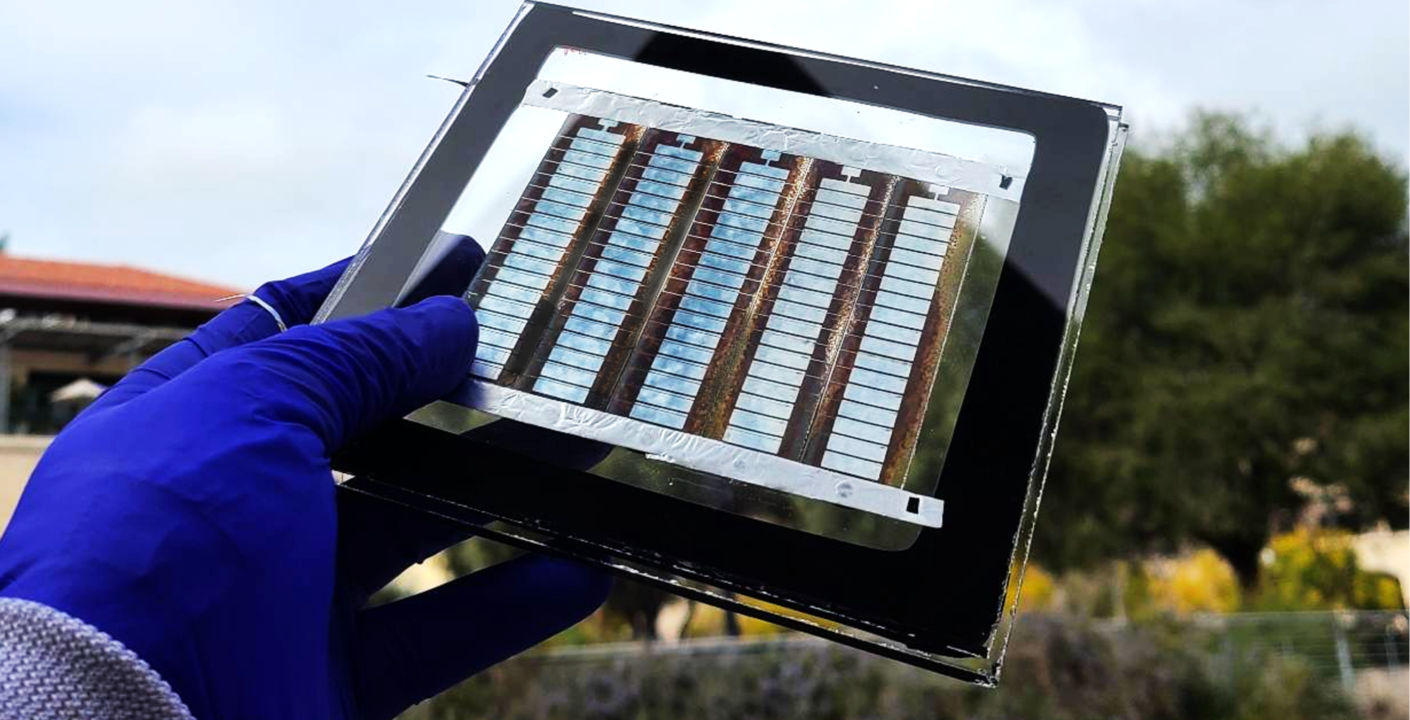 Knowledge2025-01-08Perovskite Solar Cells: A Revolutionary Technology for the Future of Solar Energy
Knowledge2025-01-08Perovskite Solar Cells: A Revolutionary Technology for the Future of Solar Energy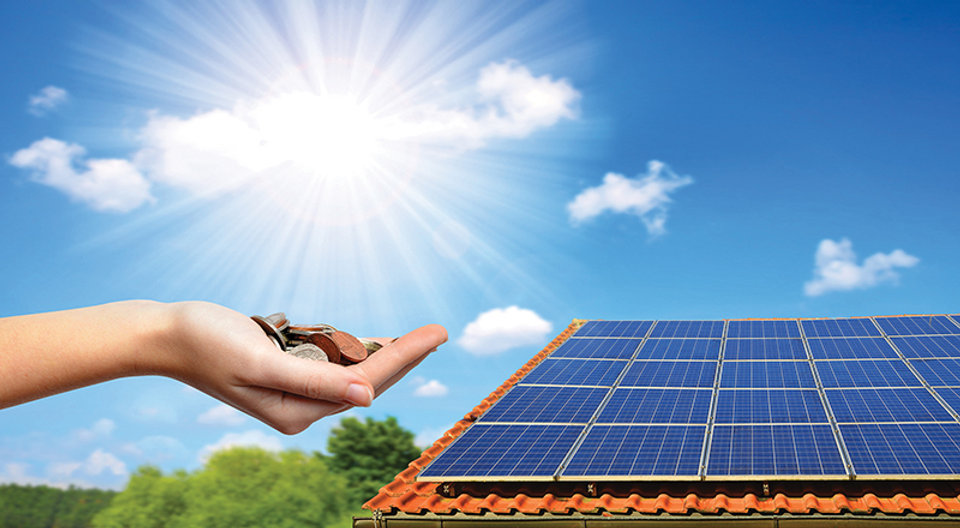 Knowledge2025-01-08The Moore’s Law of Solar Power: How Economies of Scale Drive Solar Energy Costs Down
Knowledge2025-01-08The Moore’s Law of Solar Power: How Economies of Scale Drive Solar Energy Costs Down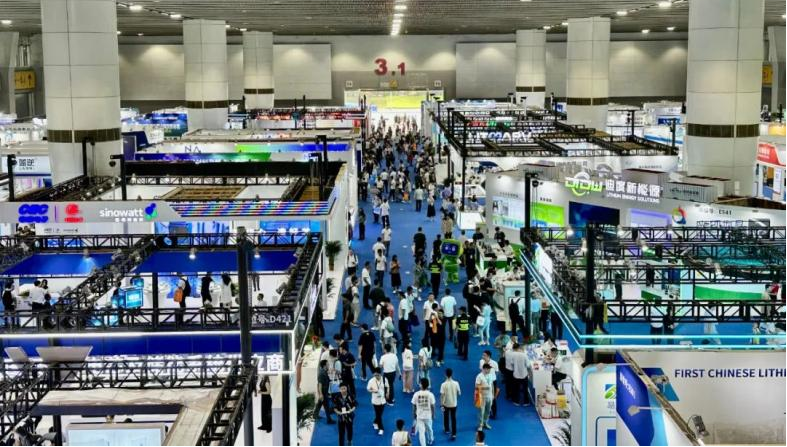 Event2025-01-062025 World Battery & Energy Storage Industry Expo (WBE) – Join the Global Energy Revolution
Event2025-01-062025 World Battery & Energy Storage Industry Expo (WBE) – Join the Global Energy Revolution News2025-01-05Saudi Arabia’s Trillion Push for Clean Energy: China’s Role in the Transformation
News2025-01-05Saudi Arabia’s Trillion Push for Clean Energy: China’s Role in the Transformation













